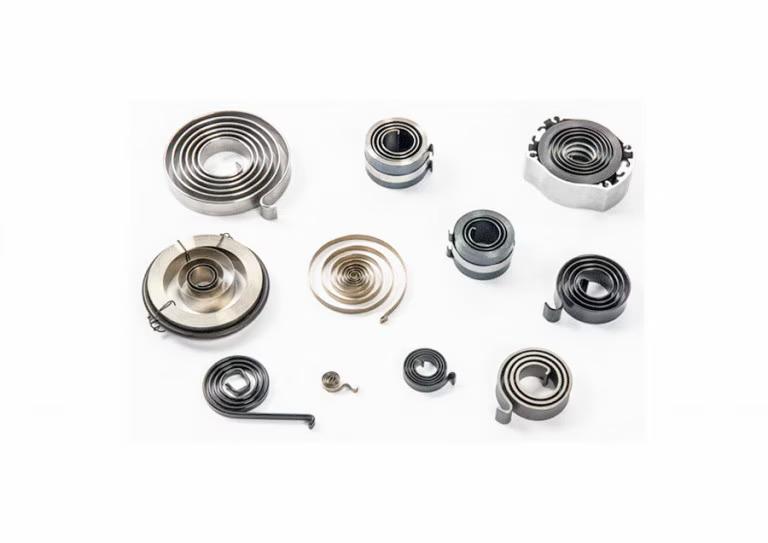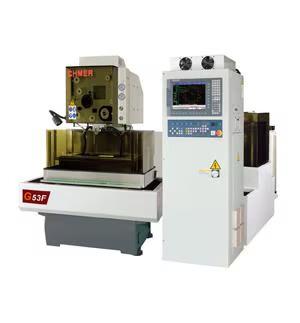Description
Sugar processing enzymes are a type of enzyme that is used in the sugar industry to improve the efficiency and quality of sugar production. These enzymes are naturally occurring proteins that catalyze specific chemical reactions in the sugar beet or sugar cane juice, resulting in desirable changes to the sugar's purity, yield, and texture. There are several types of sugar processing enzymes that are commonly used in the sugar industry, including: Amylase enzymes: These enzymes break down complex carbohydrates, such as starch, into simpler sugars, such as glucose and fructose, which can be easily fermented by yeast to produce alcohol. Invertase enzymes: These enzymes convert sucrose into its constituent monosaccharides, glucose, and fructose, which makes the sugar more easily digestible by humans and improves its flavor and texture. Glucose oxidase enzymes: These enzymes convert glucose into gluconic acid, which is used in the production of high-fructose corn syrup and other sugar derivatives. Protease enzymes: These enzymes break down proteins in the sugar cane or sugar beet juice, resulting in improved purity and clarity of the sugar. Overall, sugar processing enzymes play an important role in the sugar industry by improving the efficiency and quality of sugar production, resulting in increased yields, improved purity, and reduced environmental impact.




